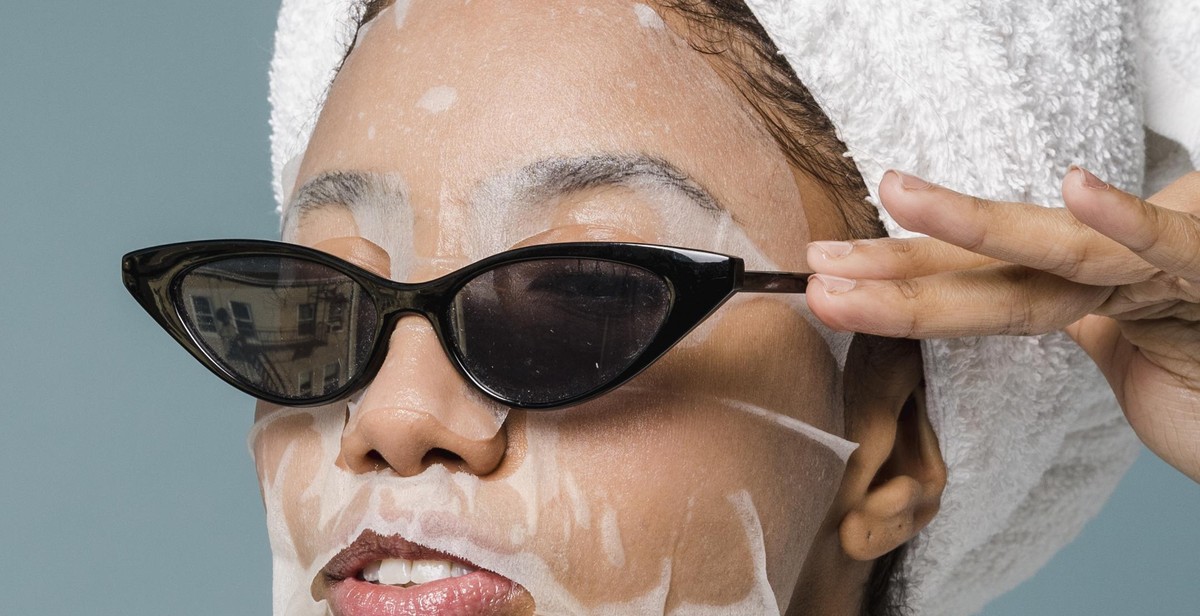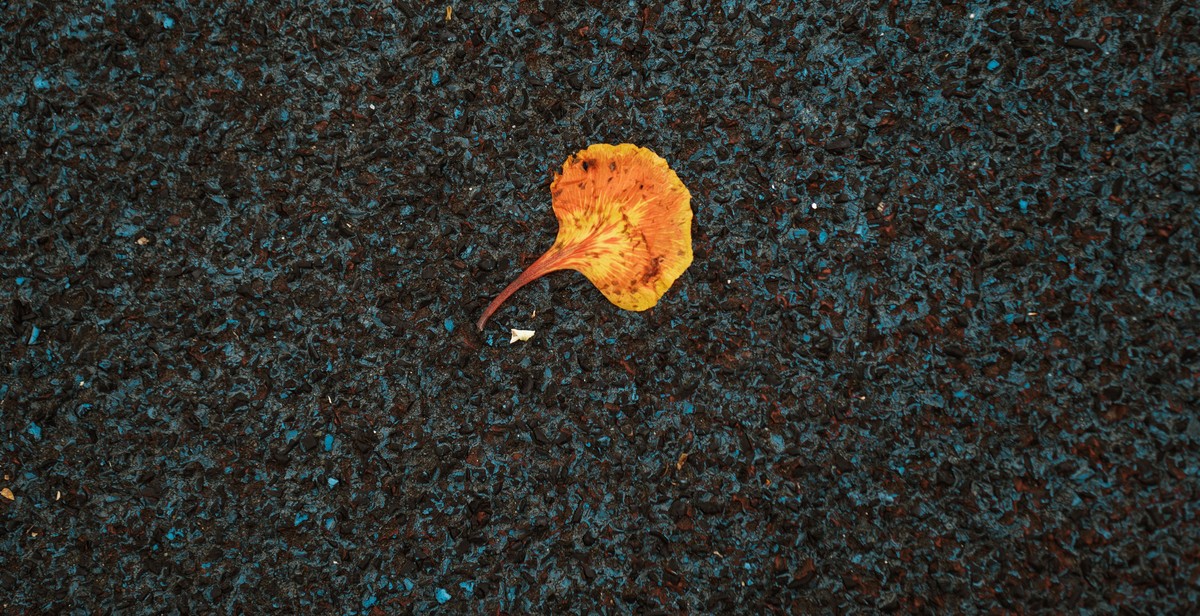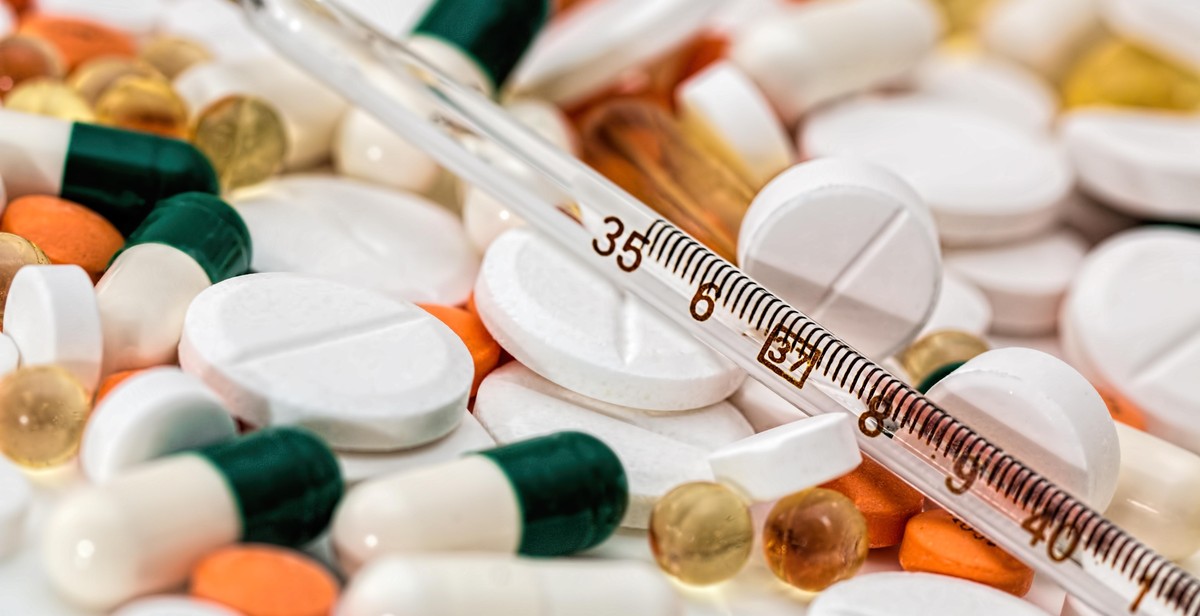How to Brighten and Lighten Dark Spots on the Skin
Dark spots on the skin, also known as hyperpigmentation, can be caused by a variety of factors such as sun damage, acne scars, hormonal changes, and aging. While they are not harmful, they can be a cosmetic concern for many people. Fortunately, there are several ways to brighten and lighten dark spots on the skin.
1. Use Sunscreen
One of the main causes of dark spots is sun damage. Therefore, it is important to use sunscreen with at least SPF 30 daily to protect your skin from further damage.
2. Use Skin Brightening Ingredients
There are several ingredients that can help brighten and lighten dark spots on the skin, such as vitamin C, niacinamide, kojic acid, and alpha hydroxy acids (AHAs). Look for skincare products that contain these ingredients and incorporate them into your daily skincare routine.
3. Consider Professional Treatments
If your dark spots are particularly stubborn, you may want to consider professional treatments such as chemical peels, microdermabrasion, or laser therapy. These treatments can help to reduce the appearance of dark spots and improve overall skin texture and tone.
With consistent use of sunscreen and skin brightening products, as well as the option of professional treatments, you can effectively brighten and lighten dark spots on your skin and achieve a more even complexion.
Causes of Dark Spots on the Skin
Dark spots on the skin are a common skin condition that can affect people of all ages and skin types. They are also known as hyperpigmentation and are caused by an overproduction of melanin in the skin. Melanin is the pigment that gives our skin its color, and an overproduction of it can lead to dark spots.
Sun Exposure
One of the most common causes of dark spots on the skin is sun exposure. Sun exposure can cause damage to the skin, which can lead to an overproduction of melanin. This is why dark spots are more common in areas of the skin that are exposed to the sun, such as the face, hands, and arms.
Hormonal Changes
Hormonal changes can also cause dark spots on the skin. This is why dark spots are more common in women who are pregnant or taking hormonal contraceptives. Hormonal changes can trigger an overproduction of melanin, which can lead to dark spots.
Inflammation and Skin Injuries
Inflammation and skin injuries can also cause dark spots on the skin. When the skin is injured or inflamed, it can trigger an overproduction of melanin, which can lead to dark spots. This is why dark spots are more common in people who have acne, eczema, or psoriasis.
Aging
Aging is also a common cause of dark spots on the skin. As we age, our skin becomes thinner and more fragile, which can make it more susceptible to damage and an overproduction of melanin. This is why dark spots are more common in older adults.
Understanding the causes of dark spots on the skin is the first step in treating and preventing them. By protecting your skin from sun exposure, managing hormonal changes, treating inflammation and skin injuries, and taking care of your skin as you age, you can reduce your risk of developing dark spots and improve the overall health and appearance of your skin.

Prevention of Dark Spots on the Skin
Prevention is always better than cure, and this is especially true when it comes to dark spots on the skin. Here are some tips to help prevent the development of dark spots:
Protect your skin from the sun
The sun is the number one cause of dark spots on the skin. To prevent them from forming, it’s important to protect your skin from the sun’s harmful UV rays. Wear protective clothing, such as long-sleeved shirts and hats, and use a broad-spectrum sunscreen with an SPF of at least 30 when you’re outside.
Stay hydrated
Dehydration can make your skin more prone to dark spots. Make sure you drink plenty of water throughout the day to keep your skin hydrated and healthy.
Use gentle skincare products
Using harsh skincare products can irritate your skin and make it more prone to dark spots. Stick to gentle, non-irritating products that are suitable for your skin type.
Avoid picking at your skin
Picking at your skin can cause inflammation and damage, which can lead to the formation of dark spots. Resist the urge to pick at pimples or other blemishes, and let them heal naturally.
Eat a healthy diet
A healthy diet can help keep your skin looking its best. Eat plenty of fruits and vegetables, and avoid processed foods and sugary drinks that can contribute to inflammation and skin damage.
By following these tips, you can help prevent dark spots from forming on your skin, and keep your skin looking bright and healthy.

Natural Remedies for Dark Spots on the Skin
Dark spots on the skin are a common problem that affects many people. Fortunately, there are several natural remedies that can help lighten and brighten dark spots on the skin. Here are three effective remedies:
Lemon Juice
Lemon juice is a natural bleaching agent that can help lighten dark spots on the skin. The citric acid in lemon juice helps exfoliate the skin and remove dead skin cells, which can help reduce the appearance of dark spots. To use lemon juice, simply apply it directly to the dark spots using a cotton ball. Leave it on for 10-15 minutes, then rinse off with warm water. Repeat this process twice a day for best results.
Aloe Vera
Aloe vera is another natural remedy that can help lighten dark spots on the skin. Aloe vera contains aloin, a natural compound that can help reduce the production of melanin, the pigment that gives skin its color. To use aloe vera, simply apply the gel directly to the dark spots and leave it on for 30 minutes. Rinse off with warm water and repeat this process twice a day for best results.
Green Tea Extract
Green tea extract is a powerful antioxidant that can help protect the skin from damage and reduce the appearance of dark spots. To use green tea extract, mix it with a carrier oil, such as coconut oil or olive oil, and apply it directly to the dark spots. Leave it on for 30 minutes, then rinse off with warm water. Repeat this process twice a day for best results.
By using these natural remedies, you can help brighten and lighten dark spots on the skin without the use of harsh chemicals. However, it is important to remember that these remedies may take time to show results and should be used consistently for best results.

Over-the-Counter Treatments for Dark Spots on the Skin
If you’re looking for a quick and easy solution for dark spots on the skin, there are several over-the-counter treatments available. These treatments typically contain ingredients that work to brighten and lighten the skin, including hydroquinone, kojic acid, and vitamin C.
Hydroquinone
Hydroquinone is a skin-lightening agent that works by inhibiting the production of melanin, the pigment responsible for dark spots. It is available in various strengths, ranging from 2% to 4%, and is typically applied topically to the affected areas. Hydroquinone is considered to be one of the most effective treatments for dark spots, but it can cause skin irritation and should be used with caution.
Kojic Acid
Kojic acid is a natural ingredient that is derived from mushrooms and rice. Like hydroquinone, it works by inhibiting the production of melanin. Kojic acid is typically available in concentrations of 1% to 4% and can be found in various skin care products, including serums, creams, and masks. It is generally considered to be safe, but it can cause skin irritation in some people.
Vitamin C
Vitamin C is a powerful antioxidant that can help brighten and even out the skin tone. It works by inhibiting the production of melanin and promoting collagen production, which can help improve the overall appearance of the skin. Vitamin C is typically available in various forms, including serums, creams, and masks. It is generally considered to be safe and can be used by people with sensitive skin.
| Treatment | Active Ingredient | Strength |
|---|---|---|
| Porcelana Skin Lightening Cream | Hydroquinone | 2% |
| Kojic Acid Cream | Kojic Acid | 1% |
| TruSkin Vitamin C Serum | Vitamin C | 20% |
When using over-the-counter treatments for dark spots, it’s important to follow the instructions carefully and to be patient. Results may take several weeks or even months to become noticeable, and it’s important to continue using the product as directed for best results. If you experience any skin irritation or adverse reactions, stop using the product immediately and consult a dermatologist.

Prescription Treatments for Dark Spots on the Skin
If over-the-counter treatments are not effective in treating your dark spots, you may need to consult a dermatologist. They may recommend prescription treatments such as:
Tretinoin
Tretinoin is a topical medication that is derived from vitamin A. It is commonly used to treat acne, but it can also be used to treat dark spots. Tretinoin works by increasing cell turnover, which helps to fade dark spots over time. It is important to note that tretinoin can cause skin irritation and sensitivity to sunlight. It is also not recommended for use during pregnancy.
Corticosteroids
Corticosteroids are anti-inflammatory medications that can be used to treat a variety of skin conditions, including dark spots. They work by reducing inflammation and suppressing the immune system. Corticosteroids can be applied topically or injected directly into the dark spot. It is important to note that long-term use of corticosteroids can cause skin thinning and other side effects.
Chemical peels
Chemical peels are a type of skin treatment that involves applying a chemical solution to the skin to remove the top layer. This can help to fade dark spots and improve skin texture. There are different types of chemical peels available, including alpha-hydroxy acids (AHAs) and trichloroacetic acid (TCA) peels. It is important to have a dermatologist perform the chemical peel to ensure proper application and minimize the risk of side effects.
- Tretinoin, corticosteroids, and chemical peels are prescription treatments that may be recommended by a dermatologist to treat dark spots on the skin.
- Tretinoin increases cell turnover to fade dark spots, but can cause skin irritation and sensitivity to sunlight.
- Corticosteroids reduce inflammation and can be applied topically or injected directly into the dark spot, but can cause skin thinning with long-term use.
- Chemical peels involve applying a chemical solution to the skin to remove the top layer, which can help to fade dark spots and improve skin texture. It is important to have a dermatologist perform the chemical peel to minimize the risk of side effects.
Conclusion
Dark spots on the skin can be a frustrating and confidence-diminishing issue, but there are many options available to help brighten and lighten them. The key is to be patient and consistent with your chosen treatment, as results may take time to appear.
One of the most effective ways to prevent and treat dark spots is to protect your skin from the sun’s harmful UV rays. This can be done by wearing protective clothing, using a high-quality sunscreen, and avoiding prolonged sun exposure during peak hours.
Topical treatments such as hydroquinone, retinoids, and vitamin C can also be effective in lightening dark spots. These products work by inhibiting melanin production and promoting cell turnover, helping to fade dark spots over time.
For a more natural approach, ingredients such as aloe vera, green tea, and licorice extract have been shown to have skin-brightening properties. These can be found in many skincare products or used in DIY treatments.
Ultimately, finding the right treatment for your dark spots may require some trial and error. Consulting with a dermatologist or skincare professional can also provide valuable guidance and personalized recommendations.
Remember, achieving a brighter, more even complexion is achievable with the right approach and dedication to your skincare routine.
